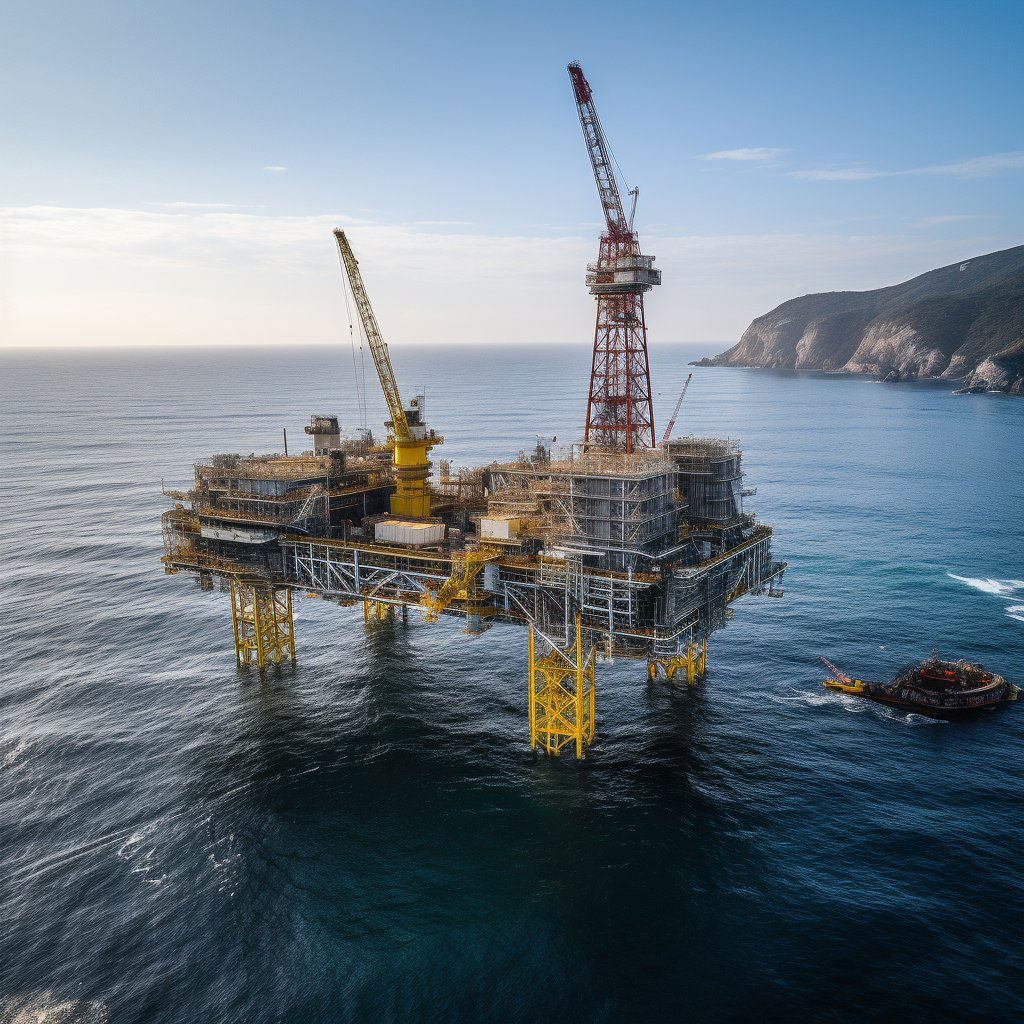Picture: for illustration purposes
Government Prioritizes Acceleration of Oil and Gas Exploration in South Africa Amid Opposition
During Africa Oil Week in Cape Town on Tuesday, prominent government bodies led the conversation calling for faster resolution of challenges hindering oil and gas exploration. Opposition from environmental organizations stood in stark opposition to this goal during the discussions.
In a panel comprising of the Petroleum Agency of South Africa (PASA), PetroSA, the Central Energy Fund, and the Strategic Fuel Fund, PASA's acting chief executive, Tshepo Mokoka, expressed his concern about the time consumed in managing resistance from non-governmental organizations against oil and gas initiatives. Mokoka underscored the necessity for swift conflict resolution, even suggesting the establishment of a specific court or tribunal for such cases.
According to PASA's estimates, South Africa stands to gain from exploration opportunities amounting to approximately 27 billion barrels of oil, 60 trillion cubic feet of offshore natural gas resources, and 200 trillion cubic feet of onshore gas. They stress that these untapped resources are imperative for the country's Just Transition plan, an initiative aimed at converting the economy to low-emission and more climate-resilient alternatives.
However, the conflict between exploration and environmental concerns was highlighted with the rejection of appeals aimed to block the French energy company TotalEnergies's drilling operations off the West Coast. This move drew criticism from environmental bodies, fishers, and government departments advocating for environmental preservation.
Despite the controversy, gas is considered an essential component of South Africa's Just Transition. Bongani Sayidini, COO at PASA, expressed the importance of expediting the processes linked to exploration and production. He noted the efficiency of the Department of Mineral Resources and Energy (DMRE) but pointed out the bottleneck caused at the Department of Forestry, Fisheries and the Environment.
The proposed addition of a comprehensive “climate change impact assessment” by Sayidini outlines a potential compromise between development and sustainability. It aims to rebut the allegations of environmental groups that such evaluations are lacking in the current system.










